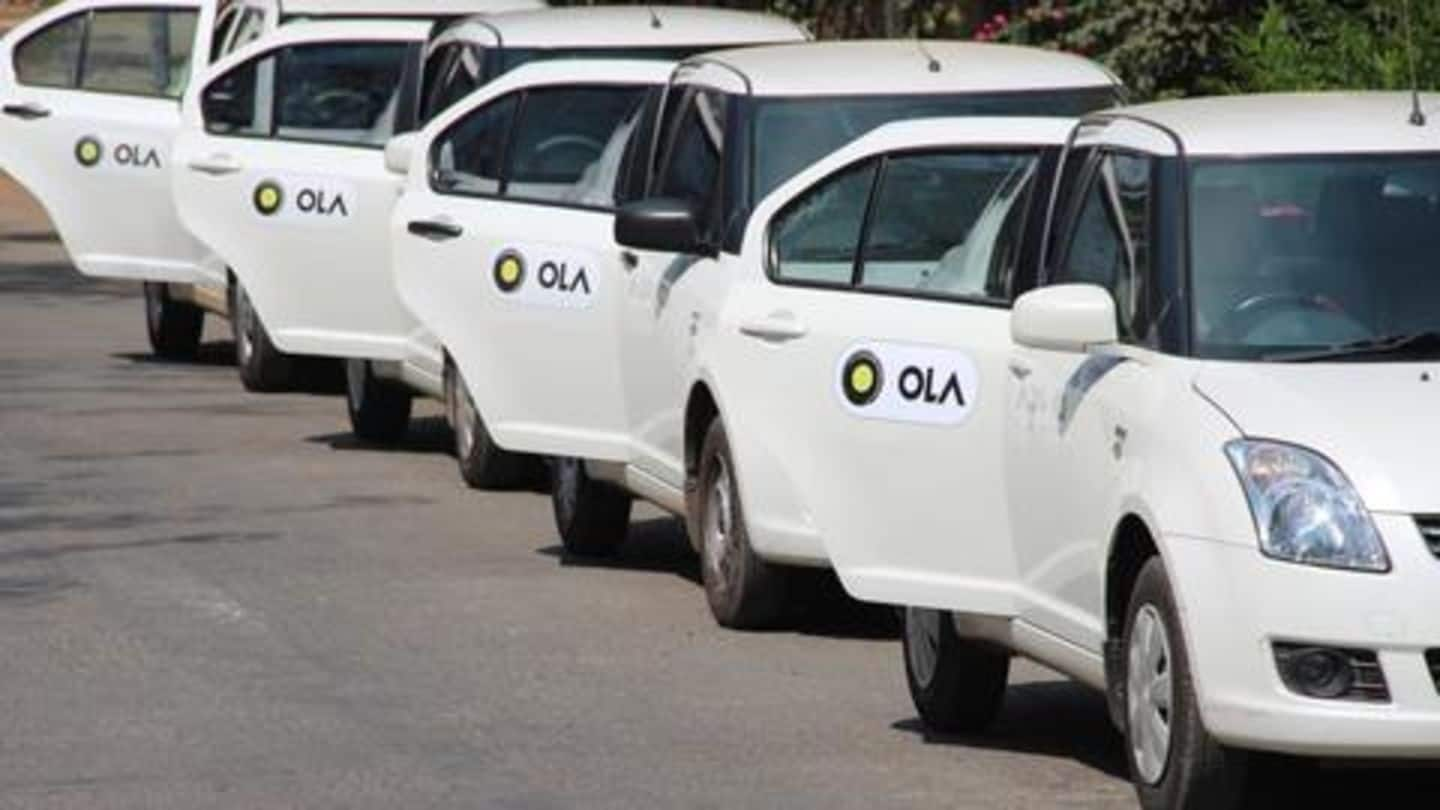
Amid lockdown, Ola, Uber suspend services till March 31
What's the story
In the wake of the lockdown imposed by the Delhi government, ride-hailing giants Ola and Uber have suspended their services in the state. The suspension will be active at least until March 31, which means you will not be able to book a cab in the national capital throughout the next week. Here's all you need to know about it.
Action
Ola, Uber are following the Delhi government directive
Given that the Delhi government directive restricts the operation of private taxis, Ola and Uber have also complied and suspended their services. Spokespersons from both the companies confirmed the development, noting that the action has been taken to support the effort to contain the spread of COVID-19. Notably, two days ago, both Ola and Uber had dropped the ride-sharing option from their respective apps.
Lockdown
Lockdown restricting public transport vehicles
After PM Modi-led Janta Curfew came to an end, several Indian states, including capital Delhi, enforced a mandatory lockdown to prevent the spread of COVID-19 infection. The move brings the entire city (except those responsible for essential services) to a halt, with its borders being sealed and "all public transportation, including operation of private buses, taxis, autorickshaws, and e-rickshaws" being suspended.
Timeline
Suspension to last at least until March 31
As the lockdown in Delhi will continue till March 31, the ride-hailing services will not work at least until that day. If it gets extended, the suspension might get extended, as well. Uber says "ride services will not be available until further notice," while Ola noted that it "will enable a minimal network of vehicles to support essential services in cities, wherever applicable."